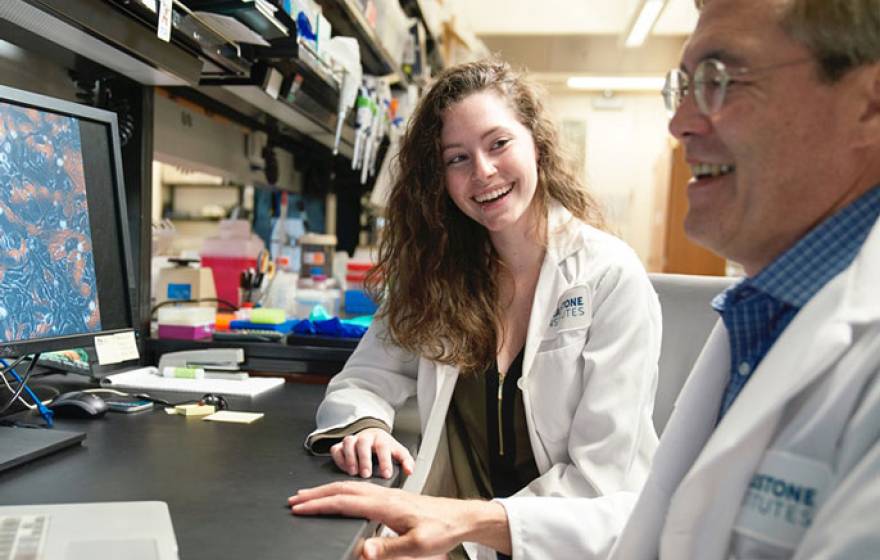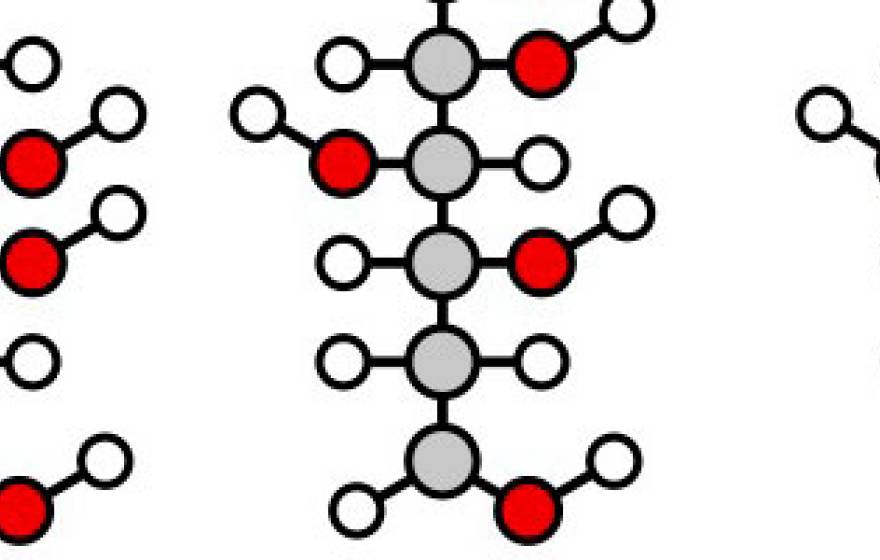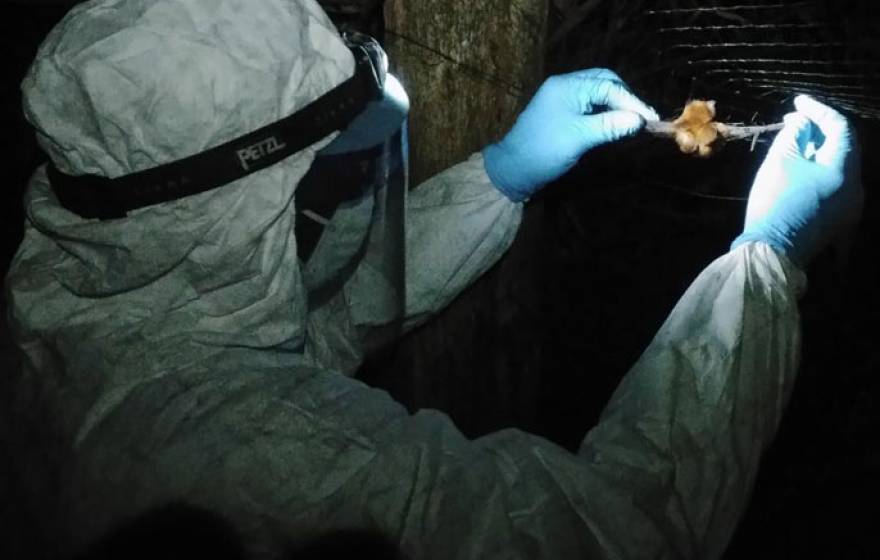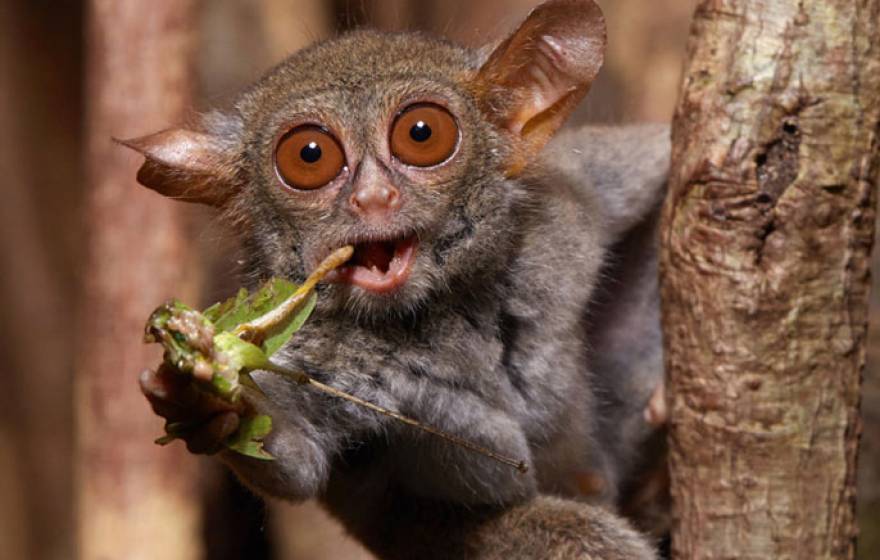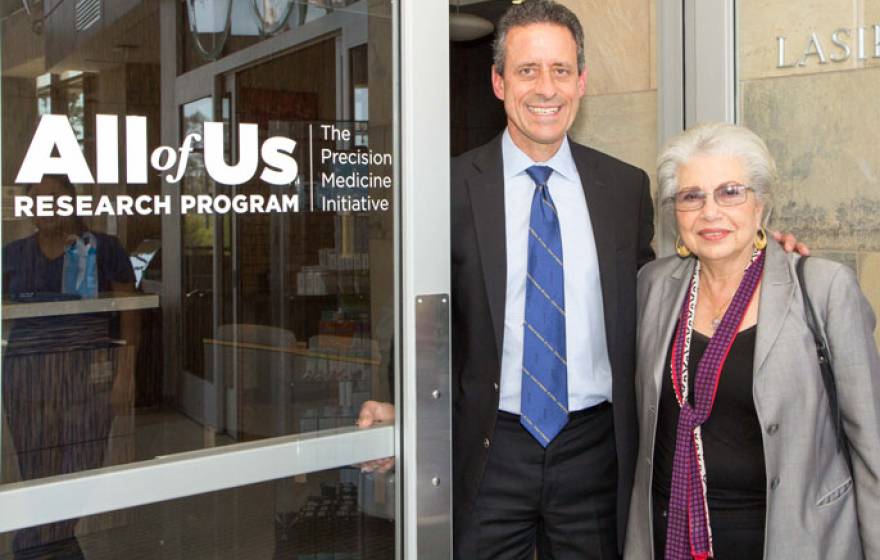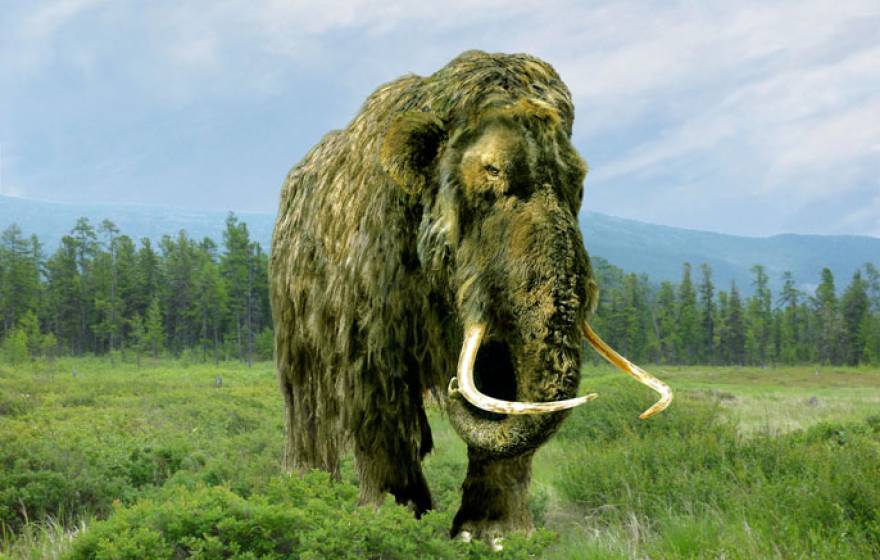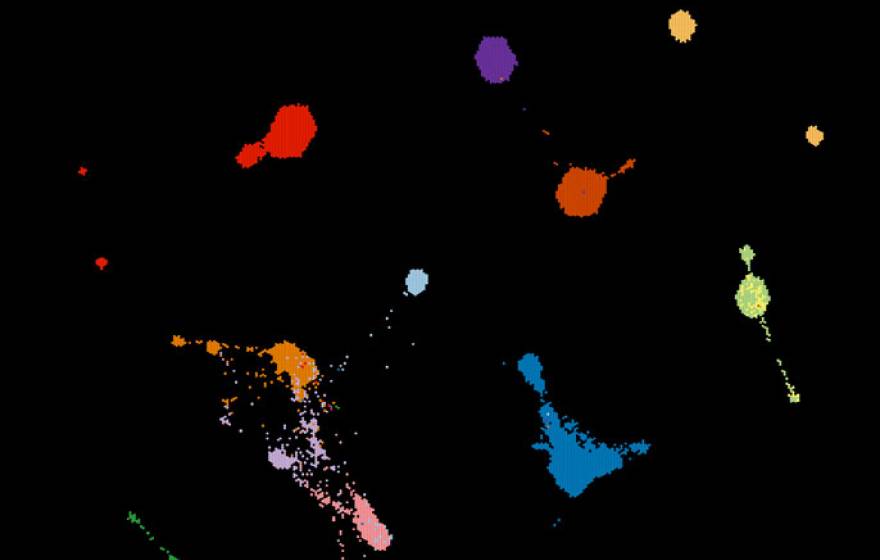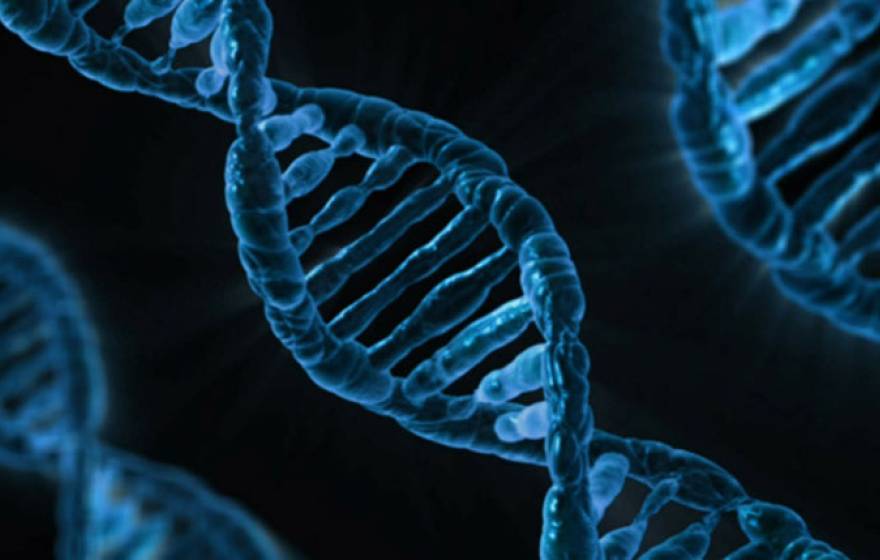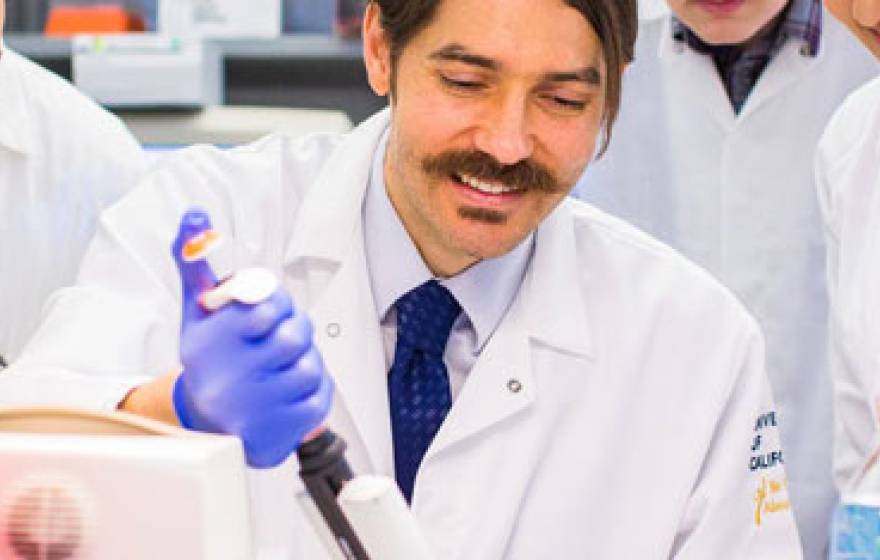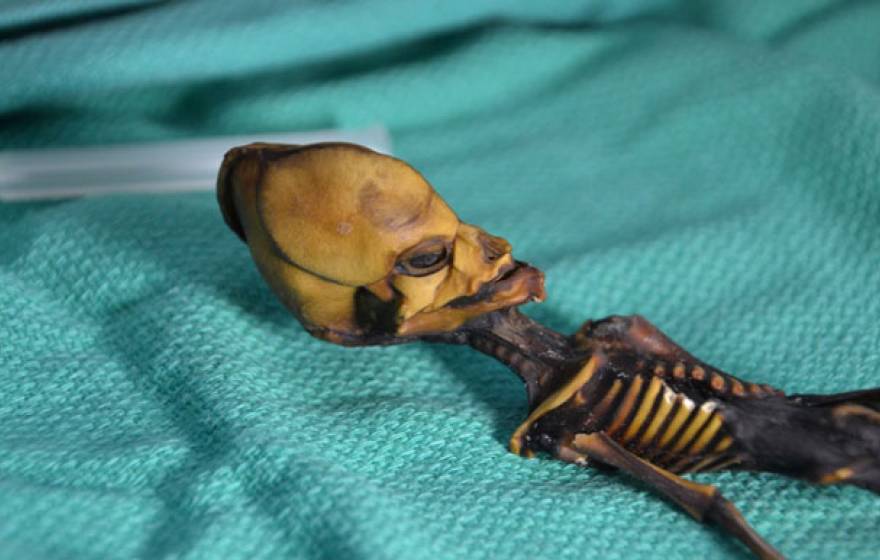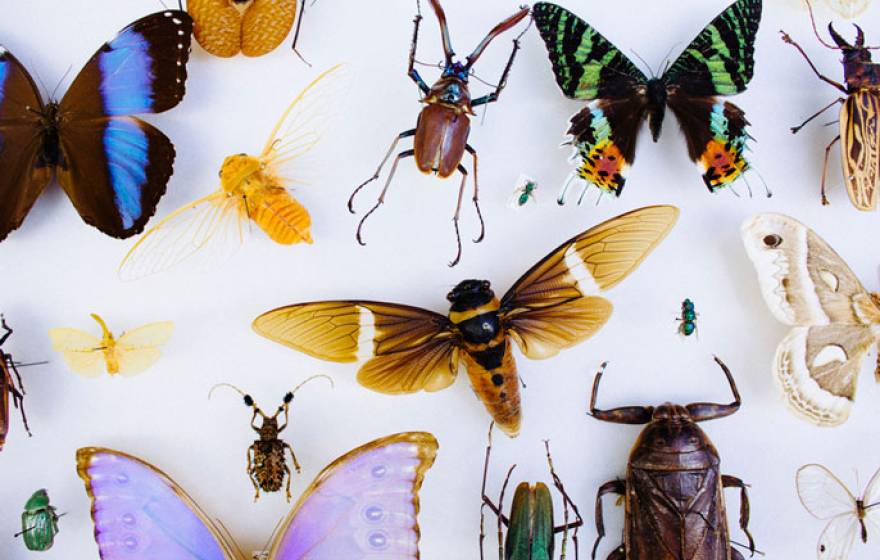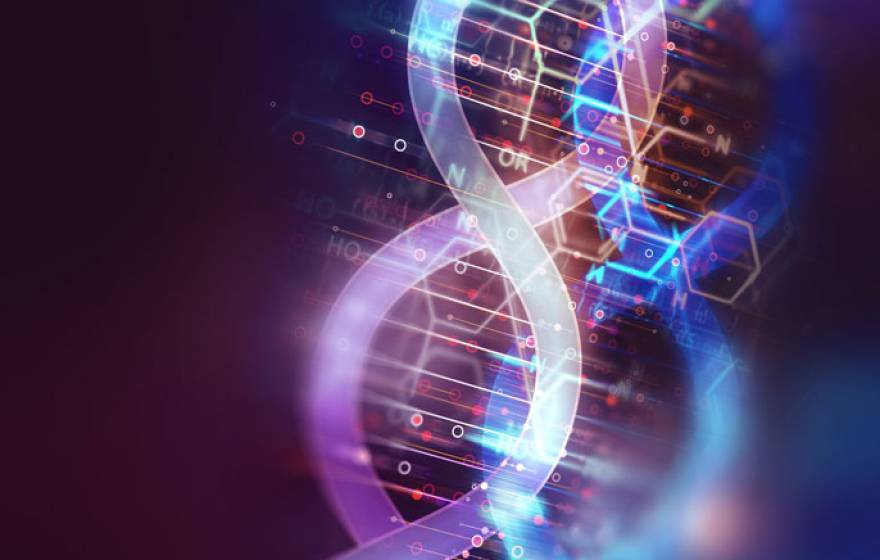CRISPR opens door to new type of medicine: “genome surgery.”
The first genome surgeons
Cracking the sugar code: Why the ‘glycome’ is the next big thing in health and medicine
The long sugar chains covering our cells could provide answers to cancer, aging and autoimmune diseases.
Finding Ebola before it finds you
For the first time, scientists discover a new Ebola species in a host prior to detection in an infected human or animal.
Did your great-great grandpa eat bugs?
A gene for digesting crunchy insects suggests that our common ancestor in the Age of Dinosaurs was an insect eater.
Be one in a million: Massive $1.5B precision medicine research effort kicks off
UC Irvine and UC San Diego are state co-leads of an unprecedented project to gather medical data for new cures.
Should we bring back the Woolly Mammoth?
Scientists are getting closer to bringing big animals, and big questions, to life.
UC Santa Cruz Genomics Institute receives funding for Human Cell Atlas projects
Three new projects will support efforts to develop a comprehensive reference atlas of all cells in the human body.
How ‘junk’ DNA plays a role in cancer
Nearly 200 mutations have been identified that play a functional role in cancer, opening new avenues for treatment.
Sure, cancer mutates, but it has other ways to resist treatment
New research exposes how cancer can resist treatment — and how scientists can improve their response.
Once-mysterious ‘Atacama Skeleton’ illuminates genetics of bone disease
UCSF researchers sequence the genome of the ‘Atacama skeleton’ and discover new mutations.
Earth BioGenome Project to sequence all life
UC Davis-led partnership to map the DNA of every lifeform announced at the World Economic Forum in Davos.
Received an at-home DNA test as a holiday gift? Proceed with caution
Many people are ill-equipped to handle troubling medical information without proper guidance, UCLA geneticist says.
